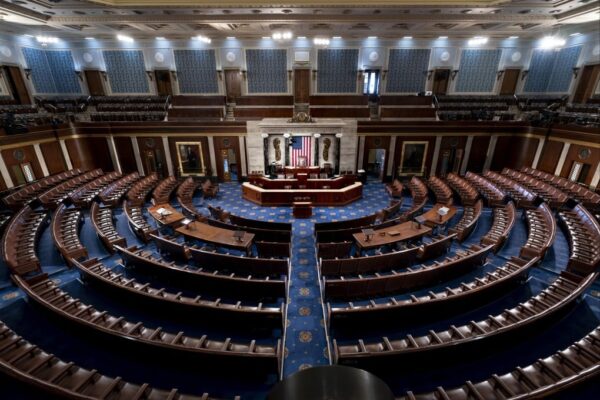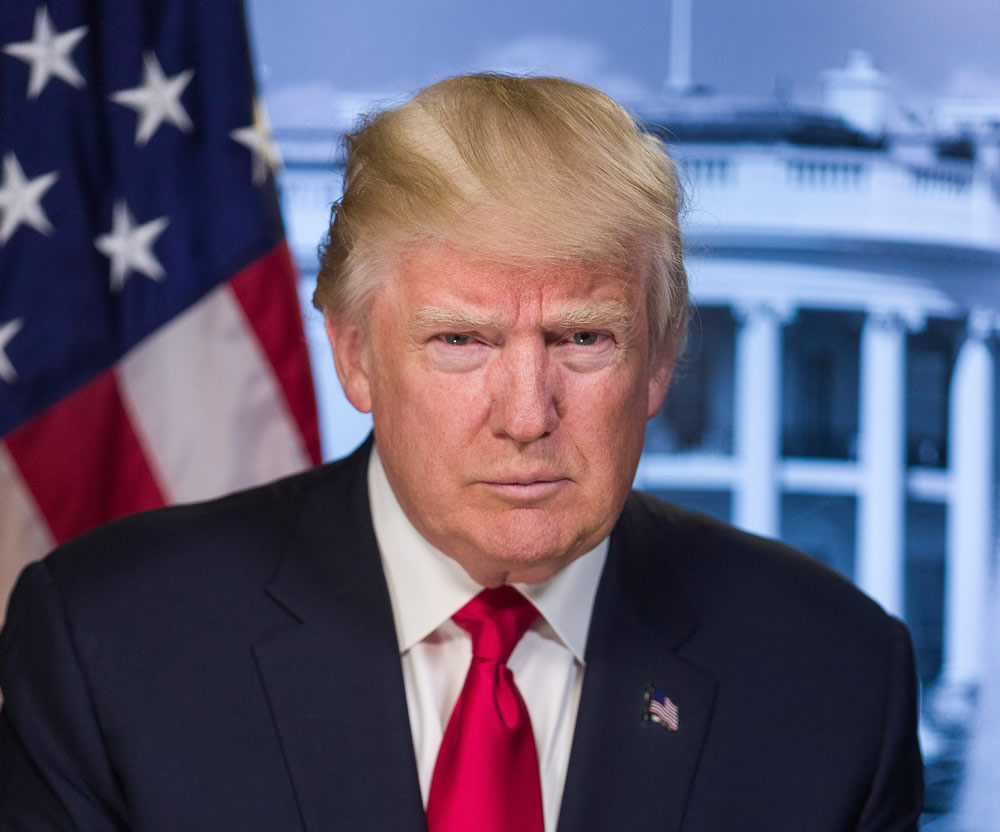

Oracle Shares Drop As $50bn Fundraising And Layoff Talk Rattle Investors Amid AI Demand Surge
Shares of Oracle fell around three percent in premarket trading after the company unveiled plans to raise up to $50 billion while analysts flagged potential large-scale workforce reductions. The technology giant said it intends to generate between $45 billion and $50 billion in gross cash proceeds during 2026 to expand data center capacity for contracted…

Puma Shares Surge 15% as Anta Sports Moves to Become Largest Shareholder
Shares in German sportswear company Puma jumped sharply after news broke that China’s Anta Sports Products would acquire a major stake in the brand, immediately shifting investor sentiment and signaling a major change in the company’s ownership structure. The announcement pushed Puma’s stock up by around 15% in early Frankfurt trading, as markets reacted to…

Libya Prepares for Landmark Energy Agreement With TotalEnergies and ConocoPhillips
Libya is preparing to sign a major long-term energy agreement that signals renewed ambition to stabilise and expand its oil sector through large-scale international cooperation. The agreement will be signed with France’s TotalEnergies and U.S.-based ConocoPhillips and will run for 25 years, marking one of the most significant foreign-backed energy commitments in the country’s recent…

Gold Prices Surge Above $4,800, Analysts Make $5,000 2026 Price Prediction
Gold prices surged past $4,800 on Wednesday, marking a fresh record as investors sought refuge amid White House tariff threats and renewed concerns over a potential global trade war. The rally follows a record-breaking 2025, with momentum carrying into 2026 as analysts highlight geopolitical uncertainty, falling real interest rates, and central bank efforts to diversify…

Goldman Sachs Surpasses Q4 Profit Expectations With $14.01 EPS, Beating Estimates
Goldman Sachs reported fourth-quarter profit that exceeded expectations, driven by strong equities trading and asset and wealth management. The bank announced earnings of $14.01 per share, compared with a $11.67 per share estimate from LSEG analysts. Revenue reached $13.45 billion, slightly below the $13.79 billion forecast. Profit rose 12% from a year earlier to $4.62…

“Sell America” Trade Grips Markets As Fed Independence Comes Into Question After Fed Shakedown
Global markets were jolted on Monday as investors reacted to mounting concerns over the political independence of the Federal Reserve. Precious metals surged to record levels, the U.S. dollar weakened, and stock markets swung sharply as uncertainty took hold. The volatility followed an announcement from Federal Reserve Chair Jerome Powell that he is under criminal…

Laura Geller Net Worth: Inside The $20mn Fortune Of The Beauty Entrepreneur
Laura Geller is an American makeup artist and entrepreneur who has built a widely recognized cosmetics brand. Born in 1958 in the Bronx, New York, she developed a passion for beauty from a young age. Her early fascination with makeup and design led her to pursue a career in the cosmetics industry. Laura Geller began…

Timothy Mellon’s $2 Billion Net Worth, Wife and Religion
Timothy Mellon is an American businessman and heir to one of the country’s most famous banking fortunes, with a net worth of around $2 billion. Born into the Mellon family in Pittsburgh, Pennsylvania, on July 22, 1942, he grew up surrounded by wealth, influence, and philanthropy. His grandfather, Andrew Mellon, served as U.S. Treasury Secretary…

Sriram Krishnan’s $40 Million Net Worth And Career: Inside His Life
Sriram Krishnan’s net worth is estimated to be $40 million by various sources. Sriram Krishnan is a technology executive, investor, writer, and podcast host who has made a significant impact in Silicon Valley. He has built a career spanning software engineering, product management, and executive leadership across some of the world’s most influential tech companies….

U.S. Government Partnership Models and the Legislative Push to Support Them
Government partnership models have become an increasingly prominent feature of public policy in the United States, as federal, state and local authorities seek new ways to deliver infrastructure, services and innovation in a challenging fiscal environment. These models, which typically involve collaboration between government bodies and private sector or nonprofit partners, are now firmly supported…





